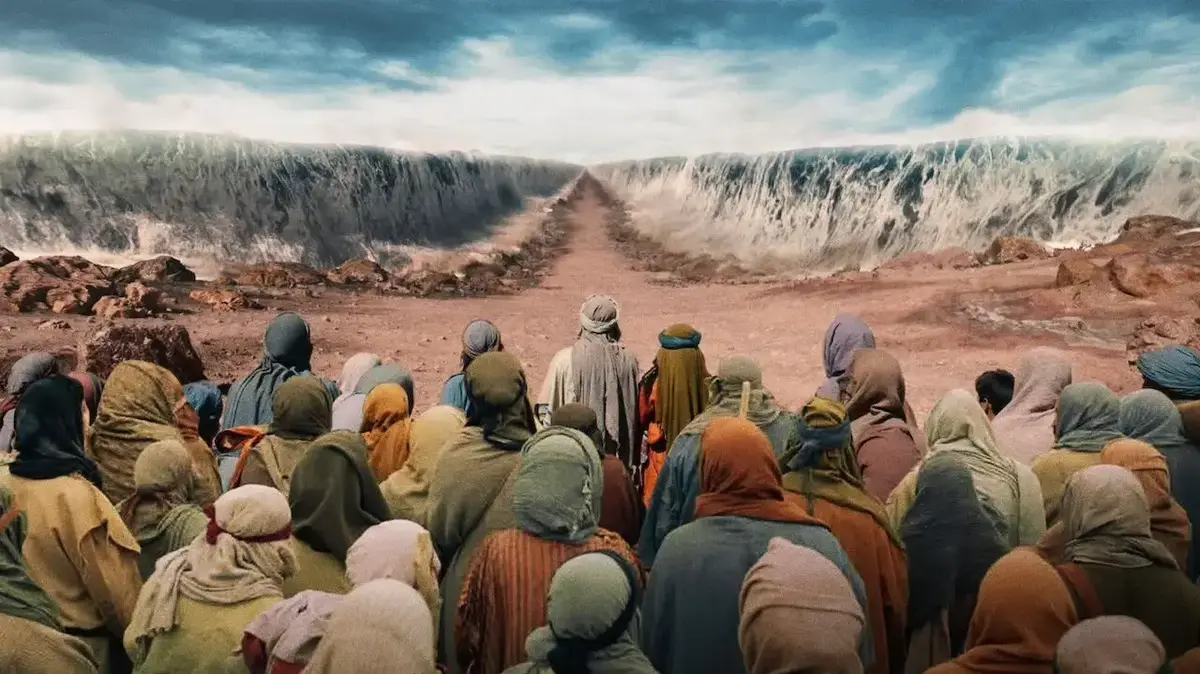The secret of Netflix's success, according to its co-founder 11:47
(CNN Spanish) -
A philosophy that discards employees “suitable for the tasks” and focuses on those “highly trained or super talented” offering them “rock star” pay, is the engine of success and the backbone of the giant's corporate culture streaming Netflix.
For its co-founder and executive co-president, Reed Hastings, working at Netflix does not mean being part of a family, but rather being part of an Olympic team and the beginning of a philosophy that is described in an acronym, recognizable by the company's employees: F&R (freedom and responsibility) and that took about 15 years to develop.
From the DVD rental business in the United States 23 years ago to the global streaming giant with nearly 200 million subscribers, Netflix's success story has for Hastings one element that sets it apart: its corporate culture.
Focused on giving its employees more freedom and fewer rules or processes to follow, putting aside the traditional "chains of command" in companies to trigger innovation.
This is how the executive co-president of Netflix praised Mexico 1:32
The culture of reinvention
He explains it in his new book "No Rules Rules: Netflix and the Culture of Reinvention" (something like "No rule is the rule: Netflix and the culture of reinvention").
An autobiographical text that reviews different moments in the history of the company that Hastings co-founded with Marc Randolph in 1997 and the transitions that he has since overcome.
It is a review that goes from DVD by post to streaming in 2007, the creation of original content since 2013 with series such as “House Of Cards”, “Orange Is the New Black” and “Stranger Things” in 2016, which it would become a global phenomenon, until it acquired its own studios for its productions and internationalized the business in 2010 (the same one that marked the bankruptcy of the Blockbuster video rental chain).
In counting its successes, Netflix has received more than 300 Emmy nominations, and has taken several of them, 17 nominations for the Golden Globe, its first Oscar in 2017 for a documentary short film and one more in 2018 for a feature film documentary film.
But according to Hastings, the three Oscars received in 2019 for the film "Roma", by Mexican director Alfonso Cuarón, underline Netflix's transformation into an entertainment company.
The impact of the pandemic on Netflix workers 1:01
Netflix's philosophy has been the subject of countless analyzes, discussions and criticism in different business and academic circles and among former collaborators for more than a decade.
Various moments are recounted in the book as examples of how to encourage employees to take big risks, transparency (which includes having the books open and in full view), and frequent and honest feedback.
Practices that, adopted by teams, she says, allow the removal of controls and rules that, in her opinion, stifle innovation.
Hastings, a career mathematician with a master's degree in Computer Science from Stanford University, recalls various episodes that marked the beginnings of the company and the business opportunity he discovered when the video film he had rented from Blockbuster and later returned late. the one that had to pay a US $ 40 surcharge.
The Netflix formula
To give perspective to the episodes included in his book, he collaborated with analyzes and interviews with employees and former employees of Netflix;
and with Professor Erin Meyer, from the Insead business school in France.
The legacy of Alfonso Cuarón for Netflix 0:59
Elements of the company's culture already known are explained, such as the controversial “keepers test” (retention test), which proposes that managers ask themselves: if any of their employees received a job offer from another company, would they fight to retain it?
If the answer is no, then you have to fire him.
An event that, he says, should not be construed as embarrassing.
In addition, Hastings boasts that “we give everyone we fired large compensation, enough to care for themselves and their families until they find another job.
The "keepers test" has been a controversial practice whose origins he traces back to the days of Pure Software, a company he created in 1991 with Patty McCord, then head of the human resources area.
At Netflix, McCord became the president of talent and one of the architects of this way of operating.
In 2002, when the company debuted on the US stock market, McCord helped eliminate policies and procedures for paid vacations, travel expenses, contract signing, to allow employees to decide based on the "best interest of the company. ”.
This is the beginning of the formula that the text details almost like in a manual.
With the growing importance of its international operation, Hastings details how cultural differences in Asia, Europe, the Middle East or Latin America were analyzed to study whether Netflix's way of operating could easily be adopted in other countries.
Hastings says that after small difficulties, once employees understand, they fall in love with autonomy and the absence of rules "as much as Californians."
Netflix









/cloudfront-eu-central-1.images.arcpublishing.com/prisa/2C5HI6YHNFHDLJSBNWHOIAS2AE.jpeg)



